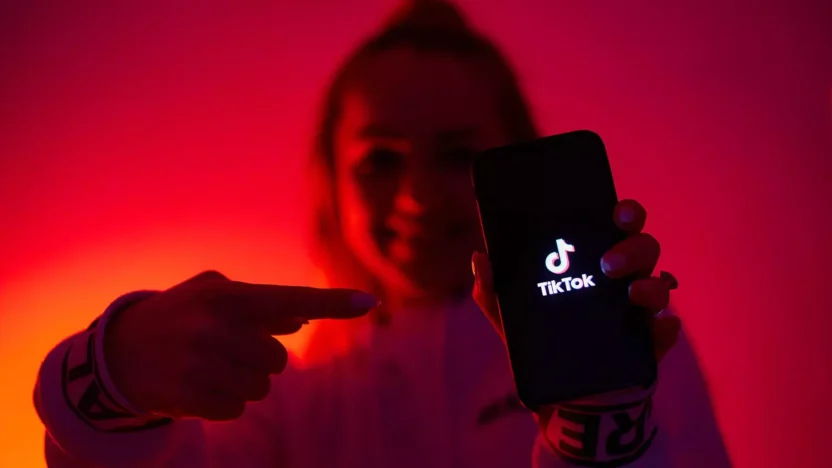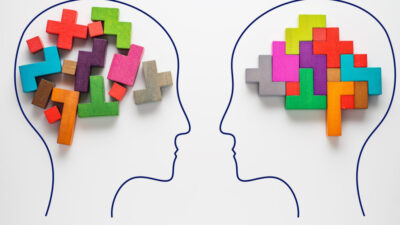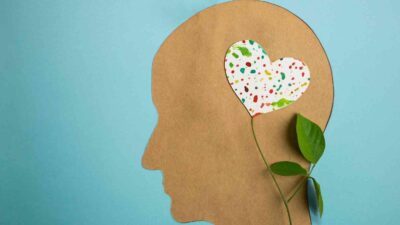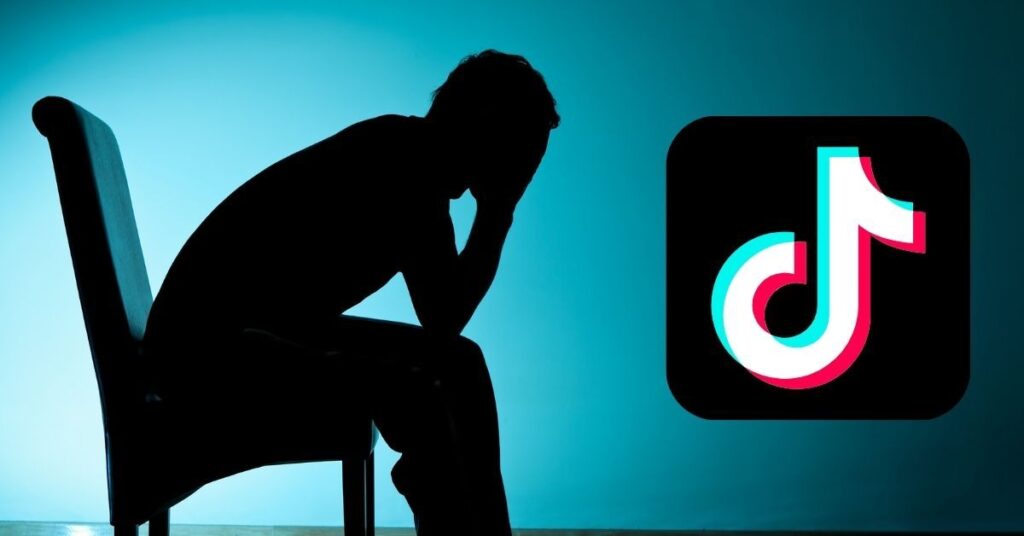
In the digital age, TikTok has quickly become one of the most popular social media platforms worldwide, offering more than just entertainment. As users enjoy its endless stream of creative short videos, concerns about its psychological effects on mental health have grown. Is TikTok a source of joy and connection, or does it contribute to issues like anxiety, depression, and stress? This article examines the platform’s unique psychological appeal and its potential impact on mental well-being. Discover three essential insights that illuminate the intricate relationship between TikTok and mental health, and learn practical strategies to manage your digital experience.
Introduction to TikTok and Mental Health
TikTok has rapidly risen as one of the most influential social media platforms in recent years, captivating a diverse audience around the globe. This impressive growth is fueled by its algorithm-driven delivery of bite-sized entertainment and community engagement. Psychologists are increasingly interested in exploring how TikTok shapes perceptions, attitudes, and behaviors related to mental health. Its design, which focuses on immediate rewards, has both motivational benefits and potential negative consequences for vulnerable individuals.
The platform’s simplicity and broad appeal allow users to creatively share personal stories of struggle and success. However, because content is brief, deeper psychological contexts can be lost, leaving audiences with only fleeting impressions of complex experiences. This brevity raises concerns about whether TikTok might contribute to mental health problems like anxiety, depression, or social isolation, particularly when trends may glorify risky behaviors or unrealistic lifestyles. The dual-edged nature of TikTok’s influence makes it a compelling subject for psychological study.
In this section, we explore TikTok’s impact on mental health by examining its unique features— from trending challenges to engaging content formats — and how these elements affect our mental states. We consider both the benefits and potential pitfalls of digital consumption, aiming to present a balanced perspective on how this platform shapes our emotional lives.
The Psychological Appeal of TikTok

One of TikTok’s strongest draws is its ability to capture and hold users’ attention through a design rooted in psychological principles of reward and motivation. Its endless personalized feed offers immediate gratification, constantly presenting content that aligns with user interests. This mechanism has proven innovative, yet it also raises concerns about excessive use and the reinforcement of compulsive behavior patterns.
TikTok also excels in creating a sense of community. Trending challenges and shared content foster feelings of belonging, though these same trends can sometimes trigger unhealthy comparisons and self-esteem issues. Watching polished highlights of others’ lives may lead some users to feel inadequate, making social comparison a critical factor in understanding TikTok’s influence on mental health.
A key component behind TikTok’s appeal is its effect on brain chemistry. When users receive likes, shares, or positive comments, the release of dopamine in the brain reinforces their behavior, potentially creating a feedback loop of digital dependency. While this boost in mood can be enjoyable, it may also lead to unsustainable behavior patterns that affect both cognitive functioning and emotional regulation.
Key Factors Behind TikTok’s Appeal
- Instant Gratification: Quick positive feedback loops keep users continuously engaged.
- Dopaminergic Response: Short video clips trigger dopamine production, reinforcing habitual usage.
- Community Engagement: Shared trends foster a sense of belonging, despite potential for negative comparisons.Algorithmic Precision: A personalized content feed deepens user engagement by responding to individual behavior.
Key Mental Health Impacts and Insights
The impact of TikTok on mental health is a subject of active debate. Research reveals that while the platform offers creative outlets and opportunities for social connection, it also carries risks that may worsen mental health challenges. From increased anxiety to decreased self-esteem, and in some cases even depression and addictive behaviors, TikTok’s effects are complex. Here we outline three essential insights on its influence on mental well-being.
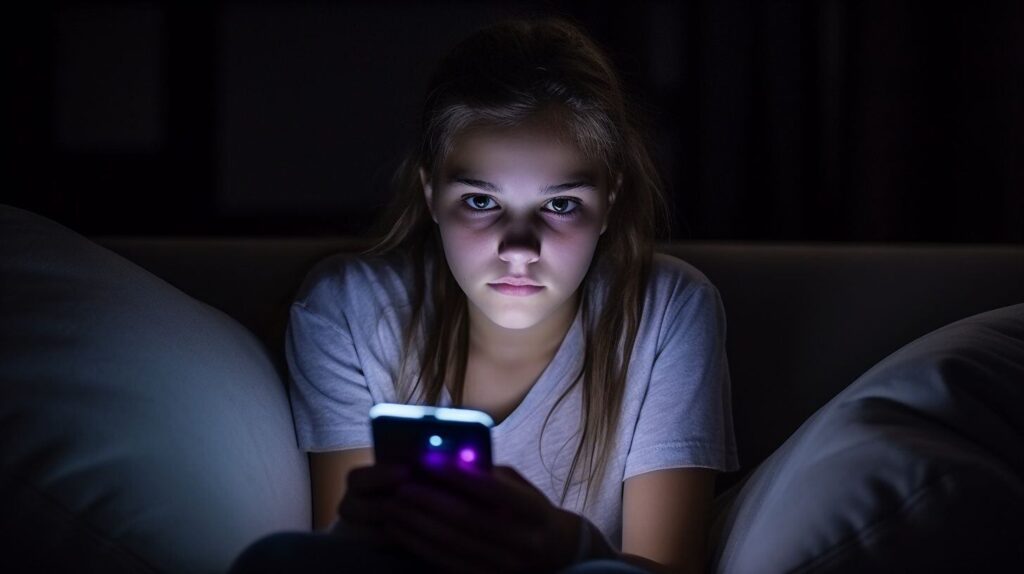
The first insight involves emotional contagion. With TikTok’s format, waves of emotional content—both uplifting and negative—can quickly spread through user networks, affecting viewers’ moods. The second insight centers on social comparison. The platform’s emphasis on curated content can lead users to measure themselves against often unattainable standards. The third insight pertains to content overload; constant exposure to rapid-fire information can lead to mental fatigue and reduced attention spans.
These insights are not just theoretical; they are evident in real-world scenarios. In communities where TikTok is a primary social outlet, clinicians have noted a rise in cases of digital burnout—where excessive screen time drives stress and anxiety. Additionally, while some influencers raise awareness about mental health issues, others might inadvertently trivialize these concerns. As research continues, the psychological community is exploring new strategies to mitigate these negative impacts.
Three Essential Insights
- Emotional Contagion: Rapid mood shifts can influence personal emotional well-being.
- Social Comparison: Curated imagery may trigger feelings of inadequacy and unrealistic self-judgments.
- Content Overload: An abundance of digital information can lead to mental fatigue and decreased focus.
- Digital Burnout: Prolonged digital engagement is increasingly linked with stress and anxiety.
Strategies for Promoting Mental Well-being on TikTok
Considering TikTok’s dualistic impact, it is essential to adopt strategies that mitigate its risks while enhancing its benefits. One effective approach is promoting mindful usage. Experts recommend setting daily time limits and scheduling regular digital detoxes to prevent the adverse effects of prolonged screen exposure. Additionally, curating your feed to prioritize content that uplifts and informs can help foster healthier digital habits.
Empowering content creators is another key strategy. Mental health professionals can use TikTok to spread accurate, supportive information, countering some of the negative trends that may arise. Collaborative challenges that focus on mental wellness can create a supportive online community and inspire resilience among users. When used responsibly, social media has tremendous potential to educate, empower, and heal.
It is also important for platforms like TikTok to collaborate with mental health experts to design effective interventions for vulnerable users. These measures might include real-time support options, easily accessible mental health resources, and transparent policies on harmful content. The goal is to build a digital ecosystem where creativity and mental well-being can flourish together.
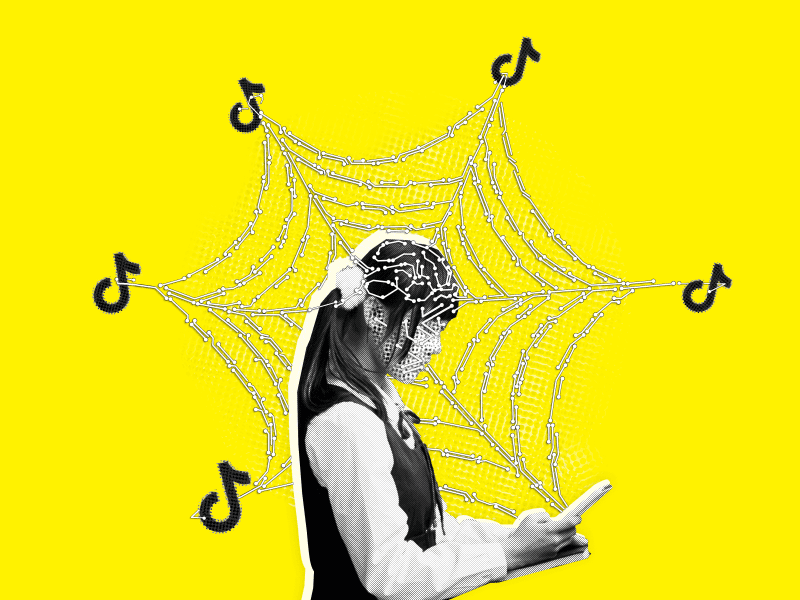
Mindful Consumption Tips
Establish and maintain daily screen time limits and regular digital detox sessions to reduce overstimulation.
Customize your social feed by following content that promotes mental health and realistic portrayals of daily life.
Platform-Level Interventions
Advocate for TikTok to integrate in-app mental health resources that connect users with the help they need.
Implement content filters and community guidelines designed to reduce exposure to harmful or triggering material.
Future Perspectives and Concluding Thoughts
As TikTok evolves, discussions about its impact on mental health will become even more nuanced. With advancements in artificial intelligence, the platform is increasingly capable of personalizing content in ways that offer both opportunities and challenges for mental health. Researchers are calling for long-term studies to understand the sustained psychological effects of TikTok across diverse user groups, which are crucial for developing effective interventions.
The future of digital media and mental health is intertwined, requiring collaboration among psychologists, educators, policymakers, and tech developers. Learning from TikTok’s current challenges, there is an opportunity to reshape our interaction with digital platforms to better support well-being. Aligning technological innovation with wellness is an ambitious yet necessary goal that calls for creative, proactive strategies and a deep understanding of human behavior.
Ultimately, debating TikTok’s mental health effects reflects broader trends in our digital society. As users, we must take responsibility for managing our digital consumption and seek out reliable mental health resources. At the same time, technology companies should be accountable for developing platforms that promote positive interactions. Staying informed and engaged is essential to creating an online environment where mental wellness is as important as technological progress.
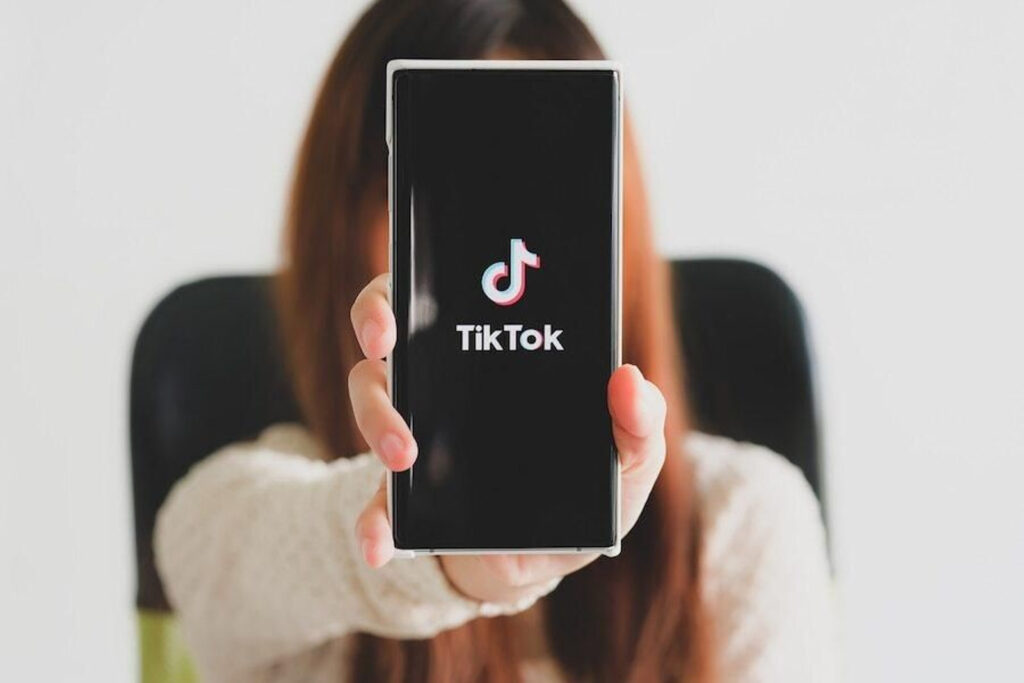
Long-term Research and Collaboration
Support multidisciplinary research efforts to monitor and understand the long-term psychological effects of digital platforms.
Promote collaborations between tech companies and mental health experts to design safer digital environments.
Empowering Users
Encourage digital literacy and self-care practices as essential parts of mental health management.
Launch awareness campaigns that highlight proactive strategies for maintaining digital well-being.
In summary, TikTok offers both exciting opportunities and serious challenges when it comes to mental health. By understanding its psychological allure, recognizing key mental health impacts, and applying proactive strategies, users and professionals can work together to minimize risks and harness its potential for positive change. The insights in this article aim not only to inform but to spark further discussion and research on this evolving topic. As social media continues to innovate, staying informed and vigilant about emerging trends is essential. Through community engagement and expert guidance, we can foster a digital environment that supports mental well-being

